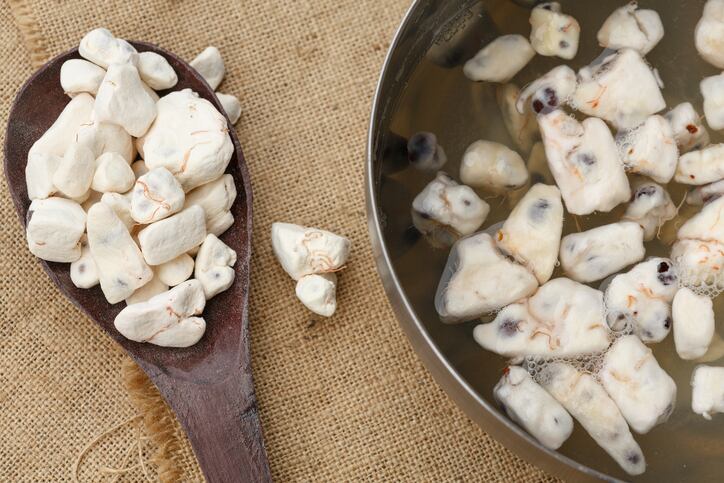The FSSC 22000 Food Safety System Certification provides a framework for companies to effectively ensure food safety throughout the supply chain.
In July 2017, FSSC 22000 launched version 4.1 with several updates that made the standard more rigorous and consistent. It now includes unannounced audits and focuses on food fraud prevention, for instance.
For a full list of all the FSSC 22000 Version 4.1 requirements, click here.
It is also recognised by the Global Food Safety Initiative (GFSI) and based on existing ISO Standards set by the International Organisation for Standardisation.
The owner of EcoProducts, headquartered in the Limpopo Province, Sarah Venter, said the certification was the result of three years of work.
“With baobab fruit sales exploding in Europe and the US, there is increasing demand from buyers for excellence in production standards and absolute food safety across the board,” she added.
“Food and beverage brands need to demonstrate to their customers that their ingredients are safe. FSSC 22000 Version 4.1 provides that extra level of assurance.
EcoProducts is a leading producer of organic baobab fruit powder and seed oil.
In Europe, it trades under the brand name Baobab Exports, suppling directly from its warehouse in Rotterdam, and last year joined with Zimbabwean producer B’Ayoba to create the largest supplier of organic baobab fruit in the southern hemisphere. Together they work with over 4,500 registered smallholder farmers.
“Our supply chains are ethical, sustainable and fully traceable," Venter added. "We source our baobab fruit directly from harvesters at the village level in South Africa and Zimbabwe, and our track and trace system follows the movement of each fruit from harvester to packed product.
“We work closely with local communities to protect baobab trees and encourage sustainable harvesting, delivering seasonal training every year to all our harvesters to ensure that the trees are never harmed. We believe strongly in preserving today’s baobab forests for future generations."

